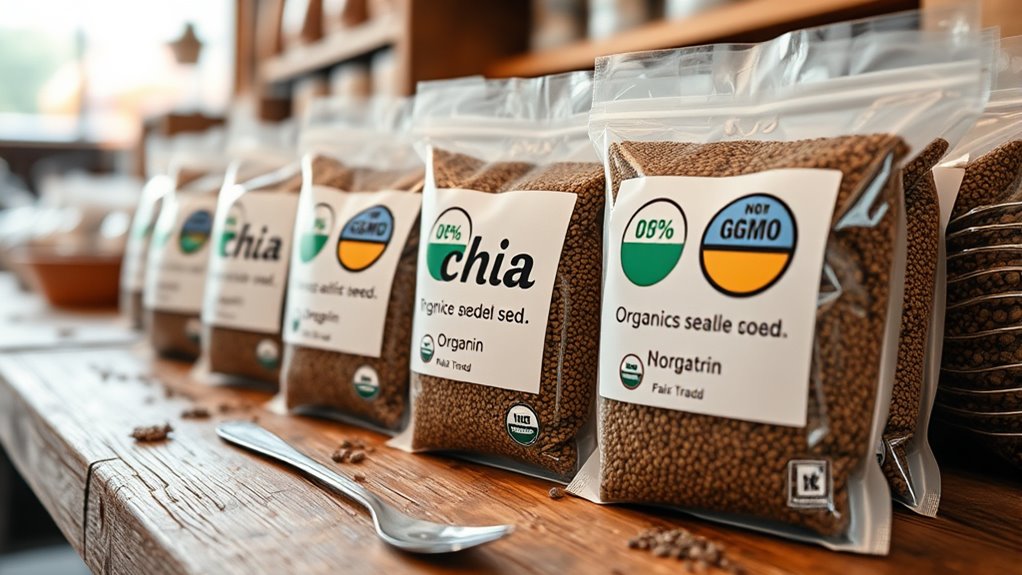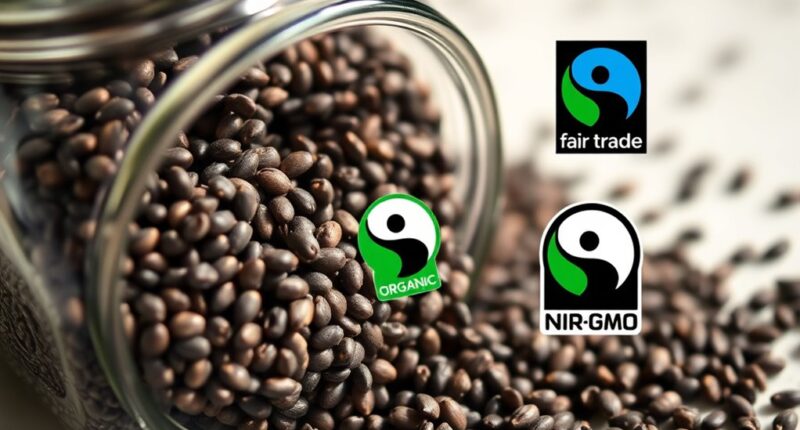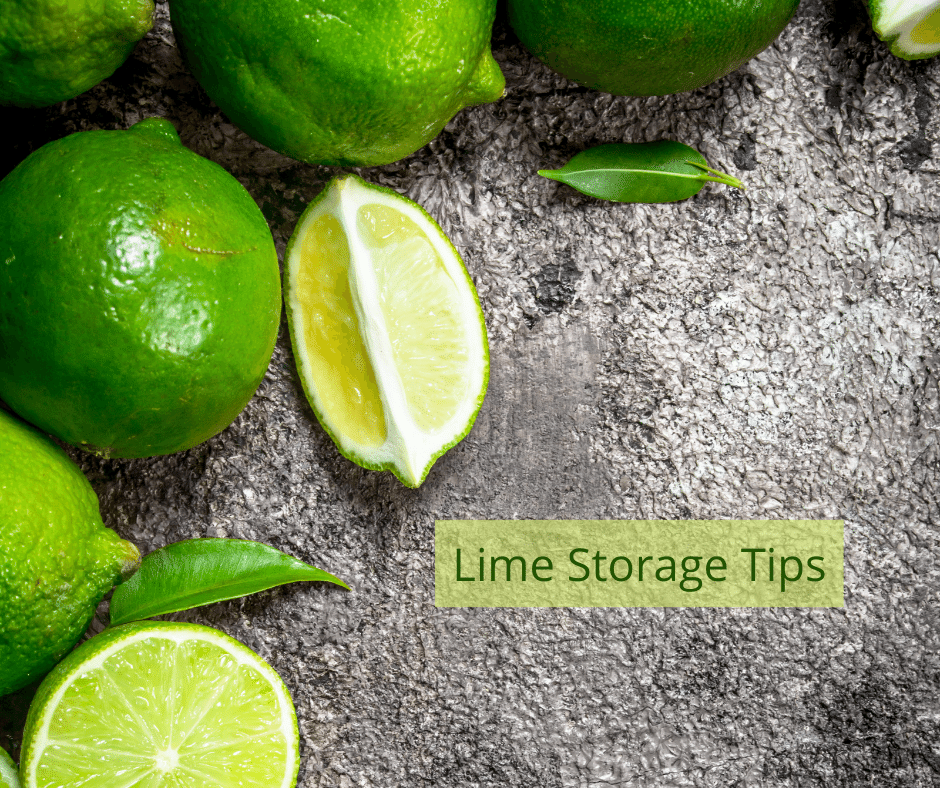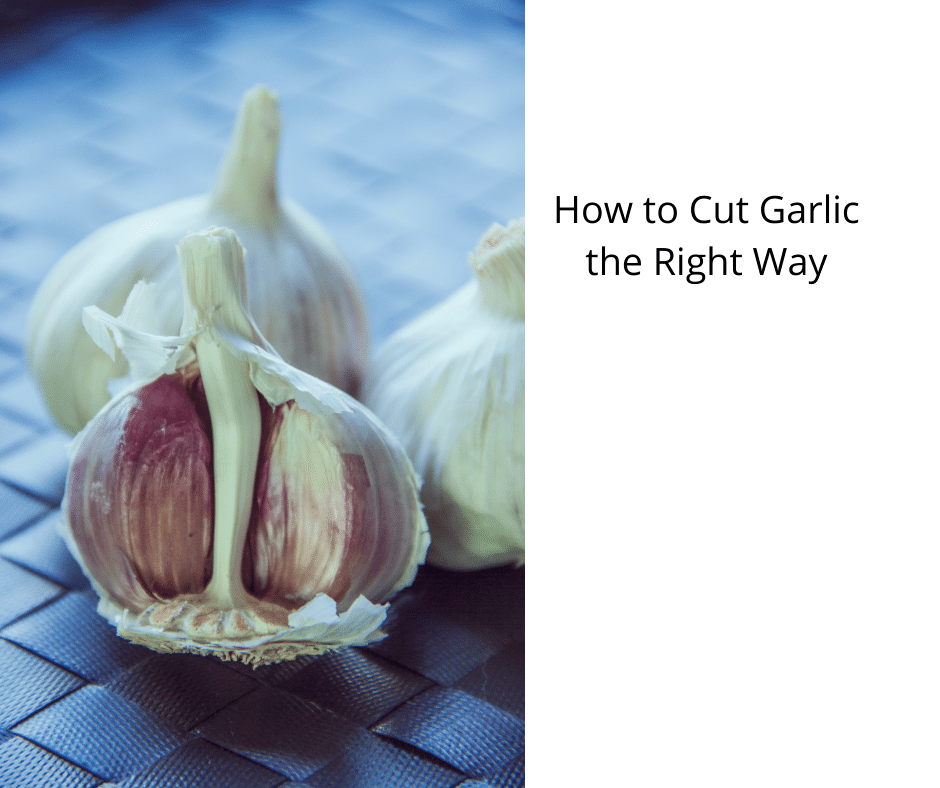Understanding chia seed labels like “organic,” “fair-trade,” and “non-GMO” helps you make informed choices. “Organic” means the seeds are grown without synthetic chemicals and GMOs, supporting eco-friendly farming. “Fair-trade” indicates ethical practices that ensure fair wages and safe conditions for farmers. “Non-GMO” shows the seeds haven’t been genetically modified, which appeals to health-conscious buyers. Knowing these labels assists you in selecting products aligned with your values, and there’s more to discover about what each label truly signifies.
Key Takeaways
- “Organic” labels indicate chia seeds are grown without synthetic chemicals and follow strict agricultural standards.
- “Fair-Trade” certification ensures ethical trading practices, fair wages, and better conditions for farmers.
- “Non-GMO” signifies chia seeds are not genetically modified, promoting natural and health-conscious choices.
- Labels help consumers identify products that support environmental sustainability and social responsibility.
- Clear labeling fosters transparency, trust, and informed purchasing aligned with ethical and eco-friendly values.

Have you ever wondered what those labels on chia seed packages really mean? It’s natural to see terms like “organic,” “fair-trade,” or “non-GMO” and feel unsure about their significance. Understanding these labels starts with recognizing how they relate to sustainability practices and labeling standards. Companies that prioritize sustainability often adhere to strict labeling standards to communicate their values clearly. These standards ensure that consumers like you can make informed choices about the products you buy and support brands committed to environmentally and socially responsible practices.
Understanding chia seed labels helps you make informed, eco-friendly, and ethical choices.
When a chia seed package is labeled “organic,” it indicates that the seeds were grown without synthetic fertilizers, pesticides, or genetically modified organisms. Organic certification requires farmers to follow rigorous agricultural practices that promote soil health and reduce environmental impact. These practices align closely with sustainability principles, aiming to preserve the ecosystem and support long-term agricultural viability. The labeling standards for organic products are established by regulatory bodies, such as the USDA in the United States, which verify that farmers meet strict criteria. This certification not only assures you that the product is free from harmful chemicals but also reflects a company’s commitment to environmentally friendly farming practices.
A “fair-trade” label on chia seeds emphasizes social and economic sustainability. It indicates that the farmers and workers involved in producing the seeds receive fair wages and work under safe conditions. Fair-trade standards are designed to promote ethical trading practices, ensuring that producers can sustain their communities and improve their quality of life. When you see a fair-trade label, it means the company has committed to purchasing from farmers who meet these ethical criteria. This transparency supports small-scale farmers and encourages sustainable agricultural development, which benefits local communities and reduces exploitation.
The “non-GMO” label signifies that the chia seeds were not genetically modified during cultivation. This label appeals to consumers seeking natural products, as GMOs often raise concerns about long-term health and environmental effects. By choosing non-GMO options, you’re supporting agricultural practices that avoid genetic engineering, which can sometimes involve increased pesticide use or other environmental risks. Companies that market non-GMO chia seeds typically follow specific labeling standards to verify their claims, giving you confidence in the product’s integrity.
Frequently Asked Questions
Are Organic Chia Seeds More Nutritious Than Non-Organic?
Organic chia seeds often offer better nutritional benefits because they’re grown without synthetic pesticides or fertilizers, which can impact health. You might experience fewer chemical residues, making them a healthier choice overall. While non-organic seeds still provide essential nutrients, choosing organic can enhance the health implications by reducing exposure to harmful substances, promoting better long-term wellness. So, organic chia seeds could be more nutritious and beneficial for your health.
How Does Fair-Trade Certification Impact Chia Seed Quality?
Think of fair-trade certification like a quality seal of trust on your chia seeds. It guarantees fair trade benefits farmers, promotes sustainable practices, and meets strict certification standards. When you choose fair-trade chia, you’re supporting ethical farming, which often results in higher quality seeds with better flavor and freshness. So, by prioritizing fair-trade, you’re not just getting good seeds—you’re helping improve farmers’ lives and the environment.
Can Non-Gmo Chia Seeds Contain Genetically Modified Ingredients?
Non-GMO chia seeds shouldn’t contain genetically modified ingredients, as the Non-GMO label guarantees they’re free from genetic modification. However, always check label transparency, because some products may not clearly state this. Genetic modification involves altering the seed’s DNA, which non-GMO seeds avoid. To make certain you’re getting non-GMO chia seeds, look for verified labels and transparent packaging, giving you confidence in your choice.
What Is the Environmental Impact of Organic Versus Conventional Chia Farming?
You’re making a difference by choosing organic chia seeds, as it supports sustainable farming and biodiversity preservation. Organic farming reduces chemical use, promotes soil health, and encourages native plant growth, which benefits ecosystems. In contrast, conventional farming often relies on synthetic fertilizers and pesticides that can harm wildlife and degrade land. By opting for organic, you help protect the environment and foster a healthier planet for future generations.
Are There Any Taste Differences Between Organic and Non-Organic Chia Seeds?
You might notice subtle flavor differences between organic and non-organic chia seeds; organic seeds often have a richer, nuttier taste. Texture-wise, both types usually feel similar, but organic chia seeds may be slightly more robust due to their natural growing conditions. The flavor comparison varies based on the brand and processing methods, so trying both can help you determine your preference. Overall, taste and texture differences are minimal but can influence your choice.
Conclusion
Think of chia seed labels like a map guiding your journey. “Organic” is your clear, untouched trail; “Fair-Trade” ensures you’re helping fellow travelers along the way; and “Non-GMO” guarantees your path stays true to nature’s original course. By understanding these labels, you’re steering a lush, vibrant landscape where every choice plants seeds of health, fairness, and authenticity. Trust your map, and enjoy the nourishing adventure ahead.









